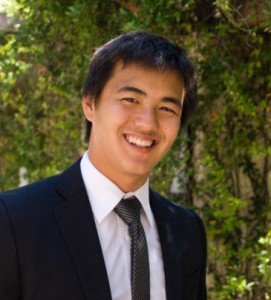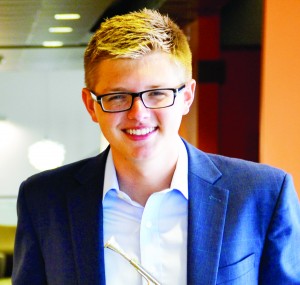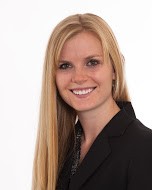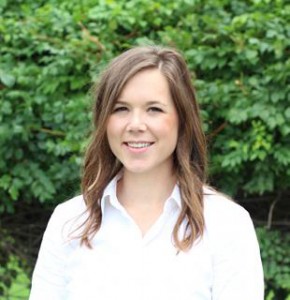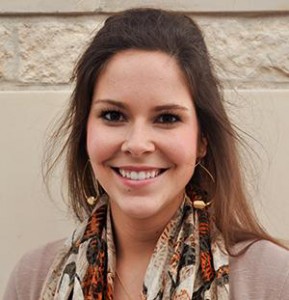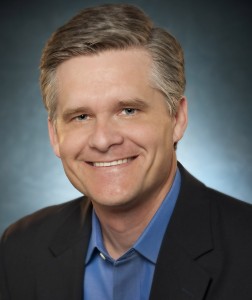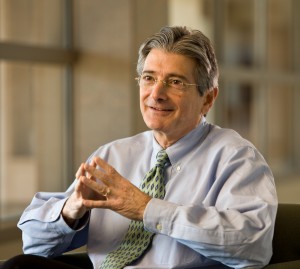Company Partner Spotlight: Accenture
We are pleased to welcome Accenture on board as a BHP corporate partner this year. Accenture is one of the world’s leading organizations providing management consulting, technology and outsourcing services. Sophomores and juniors interested in Accenture will have the chance to visit with Accenture representatives over dinner on October 22. We asked some of our recent BHP graduates working for Accenture to share more about their experiences working for the company, as well as offer advice to current students.
Position: Senior Analyst, Resources (Houston office)
Grad Year and Majors: BHP/MPA 2013
Describe your specific analyst role (what types of projects are you working on?): I’m currently working on a $20 billion joint venture to build 26 chemical plants in Saudi Arabia as the communications lead role where I coordinate information across the company. I will actually be travelling to Saudi Arabia later this month to help facilitate implementation operations on the ground. There are a lot of moving parts and shifting timelines, but it is fun and very challenging to keep ahead of potential problem areas and navigate in all the uncertainty.
What do you most enjoy about working for Accenture? The resources and opportunities Accenture offers with almost 300,000 employees worldwide is incredible. There are many different types of projects to work on in the consulting sphere, whether that’s systems implementation, strategy, process improvement, outsourcing, etc. You name it, we have it. Accenture reminds me of UT in that sense, both are large organizations with vast resources at their disposal but also home to phenomenal people and a sense of community (having 500+ Longhorn alums also helps).
Important skills for an Accenture employee to have are: The ability to learn fast and pay attention to the details as well as to articulate problems and solutions clearly.
What unique opportunities exist for an Accenture employee, or what opportunities have you personally experienced? If you earn the trust of your project team, you’ll be given duties and responsibilities to lead at a very early stage. In my first month, I was leading weekly meetings with the CIO of a Fortune 500 company and giving input and I’ve heard similar stories from my peers. That doesn’t happen everywhere so make the best of those opportunities that come along.
Advice for current students: Get out of the classroom and explore. Activities outside the classroom help broaden horizons and can make you a much more well-rounded candidate. Being well-rounded will always, always help you in your career.
Position: Analyst, Strategy (Chicago office)
Grad Year and Majors: 2014, Finance
Describe your specific analyst role (what types of projects are you working on?): In my first year, I’ve had the opportunity to work on one role so far in the Health & Public Service industry. I’m a category lead for a healthcare provider, and am conducting strategic sourcing and procurement work. Over the next 6-8 months, I am in charge of identifying potential non-value add services where ROI doesn’t justify spend for a specific set of vendors that provide Health and Disease Management. Following the identification, I will be working on a fact-based negotiation strategy to either consolidate suppliers or term services in order to attain cost savings for the client. My entire team is made up of seven people, and we each manage our own categories.
What do you most enjoy about working for Accenture? As a previous summer intern, returning back to Accenture made me realize why I wanted to come back in the first place. As cliché and repetitive as it may sound, the people and culture are the reason to stay. Since day one, my team members, my mentors, and my counselor have shown their interest in my progress, success, and happiness.
Important skills for an Accenture employee to have are: Adapt. Be curious.
What unique opportunities exist for an Accenture employee, or what opportunities have you personally experienced?
Whether it is non-profit work or international interest, Accenture provides venues for you to explore industries in all areas. The ADP (Accenture Development Program) collaborates with organization work in the international development sector by delivering innovative solutions to the way people work and live. Additionally, there are always opportunities to explore interests outside of work with Accenture people, whether that’s career related or personal. I have personally been involved with Healthcare 2020 which is a new global community of healthcare strategists focused on cutting-edge healthcare innovation trends.
Advice for current students: In order to find a career you enjoy after college, explore all possibilities. If you find yourself interested in something, seek venues to explore and put yourself out there. These are four (or five) years of learning that you aren’t going to get back, so make the most of your time on campus to find out what you truly find interesting and enjoyable.
Position: Interned in Houston office, will be starting full-time in 2015)
Grad Year: 2015
What projects did you work on in your internship?
Over the summer, I interned with the management consulting group in Accenture. As an MC Summer Analyst, I had the opportunity to work in both the resources and consumer products spaces. With my resources client, I helped integrate a singular instance of Oracle into a large chemicals company that was previously running on 13 separate systems nationwide. With the products client, I helped put together a pitch for ways in which our company could help our client cut costs on its energy management practices. Both were very different, and yet, very rewarding. I was able to see the work Accenture does in both its technology and strategy arms.
What did you enjoy most about your internship?
I heard every single consulting company I interacted with over my four years tell me that the best thing about their firm is the people. And until I experienced an internship with Accenture myself, I didn’t like that answer. But now I get it. To me, It’s the kind of people I worked with: subtly brilliant, yet completely relaxed and easygoing at the same time. I was challenged daily by my peers and my managers, but didn’t for a second enjoy my learning and growth opportunities. I was very fortunate to work with such great people for a few months, and am very much looking to going back!
What are you most looking forward to about starting full-time?
Part of the “people” part of Accenture are the resource groups that make up communities within the company. I’m really excited about the potential of making new friends in specific groups that make me who I am, like the Men’s Group or the Interfaith Group. The idea of forming close bonds with coworkers gets me excited about going to work every day, and allows me the ability to make all kinds of contacts, making a big company feel small
Position: Senior Analyst, Products (Dallas office)
Grad Year: BHP/Finance 2013
Describe your specific analyst role. I have worked in two different industries – Pharmaceuticals and Property & Casualty Insurance. Within these industries I have been part of a marketing process improvement project, a training deployment, and an operating model transformation.
What do you most enjoy about working for Accenture? I love the fast-paced work and ability to impact key decisions within the client organization. Every week brings a new task or assignment; my roles are continually evolving as I grow and learn more about my clients.
Important skills for an Accenture employee to have are: An executive presence – the ability to confidently voice your opinion and articulate the benefits and value of your work.
What unique opportunities exist for an Accenture employee, or what opportunities have you personally experienced? The great thing about Accenture is that there are so many learning opportunities. Once you find an industry or type of work you are passionate about, there is an endless possibility of training resources, support from leadership, and practical application through project experience for you to develop a specialty in that area.
Advice for current students: Network! Make the effort to speak up and participate in class discussions. Learning to carefully craft and articulate a point of view or opinion is so important and the classroom setting is a great place to start refining that skill set.

